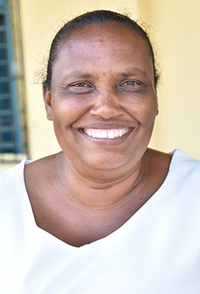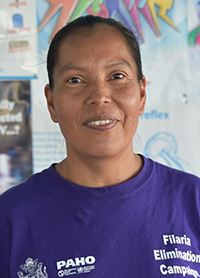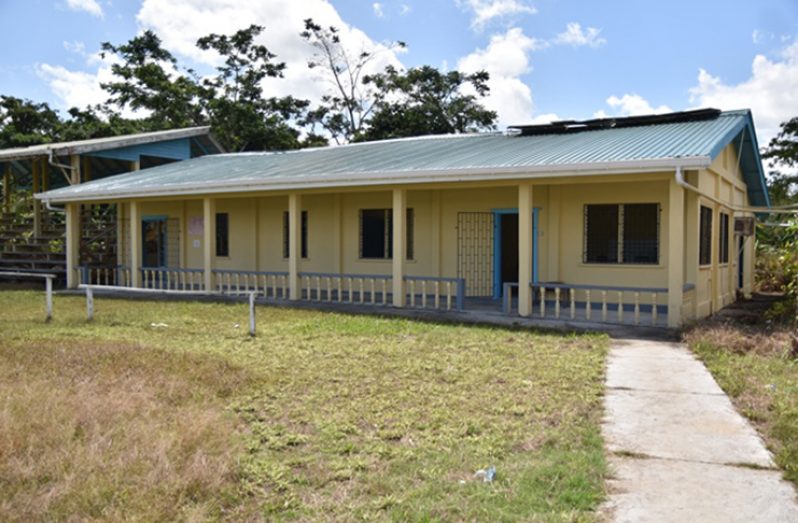DURING 2019, health centres and health posts along the Pomeroon River received solar panels which ensured electricity is provided to the respective buildings. At least five facilities were provided with solar power at a cost of $22.9M.

The health workers at these facilities welcomed this significant intervention and relayed how this has impacted healthcare delivery in their respective communities.
In Kabakaburi, midwife Yolinda Roberts said that this means an improvement in health services for the village. “We haven’t had any light since 2012 and it’s only recently we received the solar [panels] and it is beneficial to the community and other areas like Karawab, St. Monica’s and Abrams Creek. We would have deliveries during the nights, dressings and suturing to be done and we appreciate having the solar panels which provide light,” Roberts said.
At Karwab, which is considered the last village south along the Pomeroon River from Charity, Community Health Worker, Leah Domingo, noted that the new installation of solar power is a great help to the midwife who works there.

“Since the solar [panels] have been installed, we have benefitted from it. Most importantly we are getting light. Before we used lamps and the midwife had to use torchlight but now, we have good light…,” Domingo said.
Over at the Siriki health post, long-serving midwife, Vanessa D’Aguiar, regards the children and the vaccination programme at large, to be the overall beneficiaries of having solar power.

D’Aguiar explained that, “since the solar panels have been there, we were able to catch up with [inoculating] our children because we are now able to store our own vaccines. Normally we would travel to Charity, uplift our vaccines but sometimes we don’t catch the children and we would have to return the vaccines to Charity. But, now, having solar power, we can keep it in a fridge and when we see the children, we will give them the vaccine.”
These sentiments were echoed in other villages as the main concern was the storage of vaccines. Also, maternity cases, which are not required for referral can be effectively monitored by midwives at any given time and if there is a need for delivery, that can also be facilitated.

The installation of these solar panels formed part of the Pomeroon-Supenaam’s 2019 work programme to modernise health service delivery in far-flung and hinterland communities. Other villages to have benefitted include Hackney and Wakapau.
(DPI)




.png)









